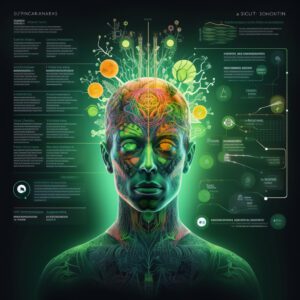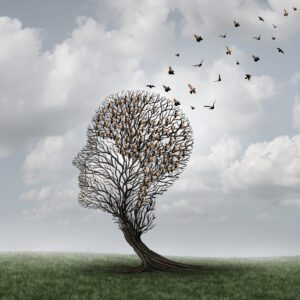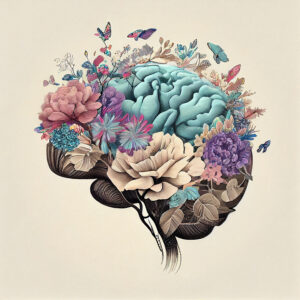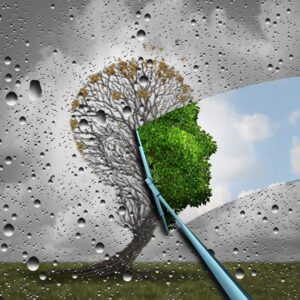A high sugar diet can deplete your body of several important nutrients. Based on the research, here are the key nutrients that are often depleted by excessive sugar consumption: B Vitamins: Particularly vitamin B1 (thiamine), as well as B3, B5, and B6. These vitamins are essential for glucose metabolism Vitamin C: High glucose intake can […]
Category: Mental Health

Sugar is Linked To Cancer, Obesity, Insulin Dysfunction, Hyperglycemia, Inflammatory Disease, Cardivascular Disease, Type 2 Diabetes, Metabolic Syndrome, Neurodegenerative Disease and MORE!
Sugar consumption has been linked to various chronic diseases, including cancer, inflammatory diseases, and other health conditions. Here’s an overview of the connections: Cancer While sugar does not directly cause cancer, excessive sugar intake may increase cancer risk through several mechanisms: Obesity: High sugar consumption can lead to weight gain and obesity, which is a […]

From Weight Gain to Chronic Illness: The Shocking Risks of Ultra-Processed Foods On Your Health and Wellness
In the United States, ultra-processed foods make up nearly 60% of the average diet, a staggering statistic that poses serious health risks. These foods, often loaded with additives, preservatives, and artificial ingredients, are convenient but come at a cost. Studies show that excessive consumption of ultra-processed foods significantly affects your health and wellness by raising […]

Notice! THESE Processed Food Ingredients May be Dangerous To Your Health
Based on the search results, some of the most widespread processed food ingredients in the USA include: Additives: The prevalence of food additives has increased significantly, with 60% of foods purchased by Americans containing technical food additives in 2019, up from 50% in 2001. The mean number of additives in purchased food and beverage products […]

Sugar Shock: Understanding the Hidden Risks of Sugar in Children’s Diets
Sugar is often seen as a harmless treat for children, a reward for good behavior, or a staple in their daily diet. However, the dangers of excessive sugar consumption extend far beyond tooth decay and temporary hyperactivity…from impairing cognitive function to contributing to obesity and chronic diseases, the impact of sugar on children’s health is […]

How Much Sugar Are You Really Eating? The Startling Facts About Daily Consumption
Did you know that according to the American Heart Association, the average American consumes approximately 60 pounds of added sugar annually? This excessive sugar intake can have significant implications for Diet and Fitness, impacting overall health and weight management. To make the matters worse, the Department of Agriculture states that the average American also consumes […]

Brain Fog After COVID-19: The Causes, Symptoms, and Solutions
As many of us continue to deal with the long-term effects of COVID-19, a significant number of people are reporting persistent brain fog or cognitive impairment. This condition affects concentration, memory, and overall cognitive function It may last several weeks or months. Researchers are investigating numerous approaches to managing and treating COVID brain fog, including […]

New Year, Same Old Story: Understanding Why Weight Loss Resolutions Fail
Every year as the clock strikes midnight on December 31st, millions of people around the world are filled with a renewed sense of hope and determination. This is the year, they tell themselves, they will finally achieve their weight loss goals. New Year’s resolutions become a beacon of hope for a healthier, happier self. Yet, […]

How Being Obese In Your Mid-Life Increases Your Risk of Alzheimers
Did you know that more than one-third of adults in the world are overweight? That’s a lot of people! Now, imagine a room full of 100 people. Statistics say that around 50 of them will have some trouble with their memory as they get older, a condition called Alzheimer’s disease. But what if these two […]

The Science of Joy: How Dopamine, Oxytocin, Serotonin, and Endorphins Influence Your Mood
Written By: Jack Riess NASM Certified Personal Trainer, Author, and Life Long Researcher of Health and Longevity. What if I told you that the secrets to happiness were already inside your head, quite literally? It’s true! Tucked away within the intricate labyrinth of our minds, a quartet of chemicals plays a pivotal role in determining […]



